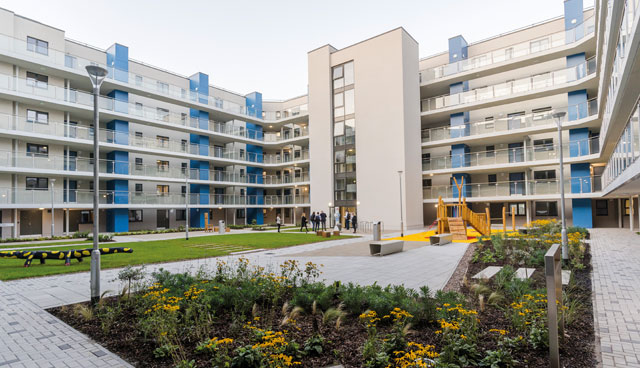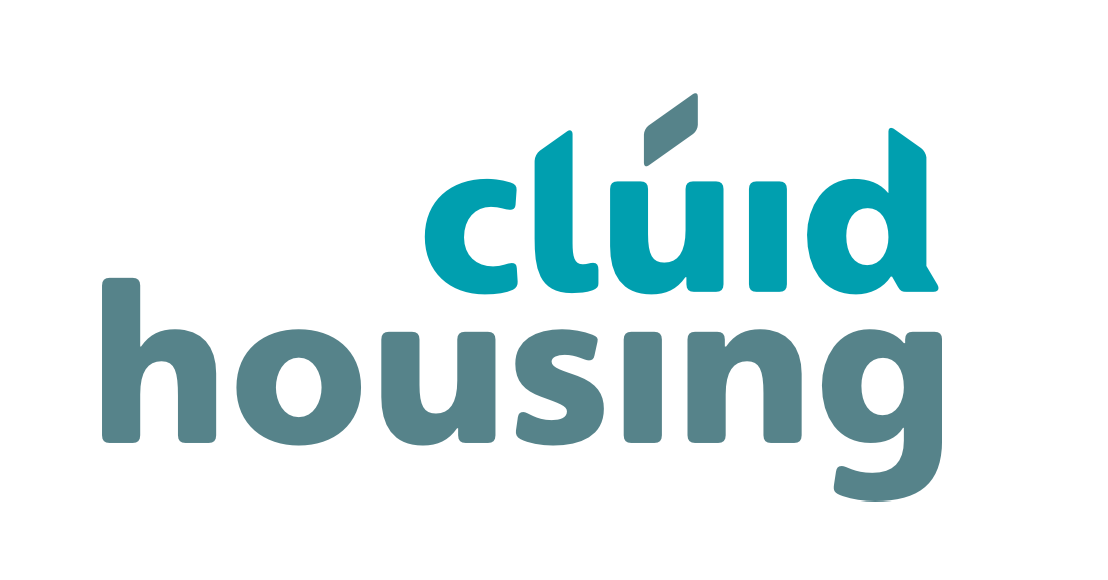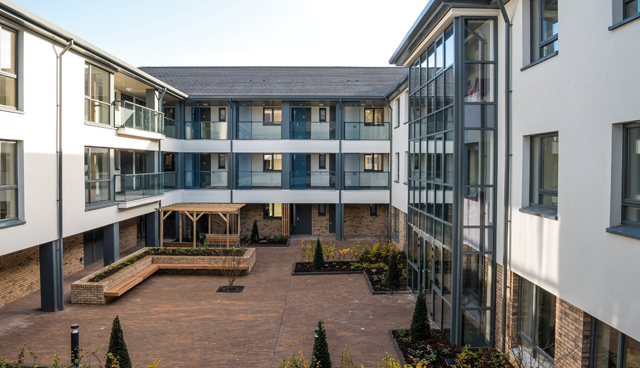
Housing priorities in Northern Ireland
4th July 2022
Eradicating homelessness: A Finnish perspective
4th July 2022It is all about delivery

Fiona Cormican, Director of New Business, Clúid Housing, discusses how approved housing bodies, the State, and the private sector need to work together to overcome the challenges facing the housing sector.
To quote a senior civil servant in the Department of Housing, Local Government and Heritage: “It’s all about delivery.” Luckily, the Approved Housing Body (AHB) sector is primed and ready to rise to the challenge, having increased capacity for delivery at scale under Rebuilding Ireland. AHBs delivered approximately 17,000 new social homes over the past three years – over 2,300 by Clúid alone – putting us in a great position to achieve the ambitious target of 40 per cent of all new homes planned under Housing for All.
To deliver the 90,000 homes needed by 2030, the sector will, once again, need to increase our output substantially. To do this, we will need to build on our collective skills and experience, and work with the private sector and local and national government to address the challenges facing the sector.
Working in partnership
Clúid, like other larger AHBs, has a large pipeline of projects that we are working on in partnership with local authorities, developers, and investors. AHBs have a solid history of such partnerships, which is necessary for continued delivery of social and affordable housing.
Creating sustainable mixed-tenure communities
Housing for All calls for a continuous supply of both social and private homes. Our focus as a society should be on developing mixed-tenure schemes to create diverse, vibrant communities and avoid stigmatisation of people on lower incomes. However, there needs to be an economically sound approach to creating policies around mixed tenure that support investment, rather than make projects unviable. Planning and economics need to go hand in hand when making decisions.
Maintenance and addressing defects
Clúid believes that investing in design and placemaking in all our housing schemes ultimately saves money in the long-term management and maintenance of our homes. We are also investing considerable funds into our planned maintenance programme and have embarked on a significant investment programme of retrofitting our older homes to a minimum B2 BER standard. In addition, we are investing in rectifying defects in apartment buildings that were bought during a time when construction regulation was not as effective as it is now.
While money spent in this way is a necessary investment, it inevitably means less cashflow available for new housing projects. AHBs need to be supported financially to undertake this rectification and future-proofing work.
Financing
Contractual obligations and ensuring our construction projects remain operational mean that AHBs like Clúid have very little unrestricted capital to invest in social housing projects.
There is no actual investment in terms of capital from the State in AHB social housing or cost rental delivery. The current model (P&A-CALF) is effectively a 100 per cent debt funding model; AHBs borrow a proportion of the funds needed from the State (CALF) on the basis of a simple interest calculation and pay back 160 per cent at the end of the 30-year period, with the balance of funds borrowed at market interest rates. payment and availability (P&A) is essentially a payment by the state to the AHB for making the homes available for social housing and provides the revenue to support the payment of the loan. This model works very well on individual projects, but when combined at scale, such as that needed for Housing for All targets, it presents risk management challenges for the AHB as an independent corporate entity with charitable status, managed by a voluntary board. This risk could be addressed by the provision of capital investment, not in the form of debt.
Governance
The remit of the boards that manage the AHB sector is to steer the organisations towards long-term sustainability, for benefit of our current and future residents. Managing our long-term debt and gearing ratios is critical to the viability of the sector. AHBs are heavily regulated through the new approved housing body regulator and the Residential Tenancy Board. While all of this is welcomed by the sector, it comes with additional cost and responsibility.
Policy changes
The inclusion of AHBs on the government balance sheet has resulted in AHBs competing in government budgets with other high profile infrastructure projects, even when the funding is not government sourced. The AHB sector needs to be taken off the government balance sheet and used as a vehicle to deliver social and affordable housing.
Other key policy areas include the removal of the income threshold for social housing and developing a just method of subsiding housing need that supports more people. We need to look at the current differential rent model to ensure that we make the best use of subsidies, by focusing on what is genuinely affordable across a wider cohort of people and aligning any subsidies with actual income and outgoings.
Most of all, we need to stop politicising housing and, instead, work together to come up with solutions that provide choice for people, value for money for the State, and maximise state investment in housing to get the greatest return on investment, including leveraging private investment where possible.
We as a sector, and Clúid as an organisation, want to deliver more. We have built our capacity to be a major delivery partner for government in achieving Housing for All targets and are excited about working in ever closer collaboration with public and private sector partners. We are very focused on our mission to provide quality housing to people who cannot afford to meet their own needs, and to do so in a sustainable way that provides security of tenure in a great place to live.
T: 01 707 2088
E: cluid@cluid.ie
W: www.cluid.ie








